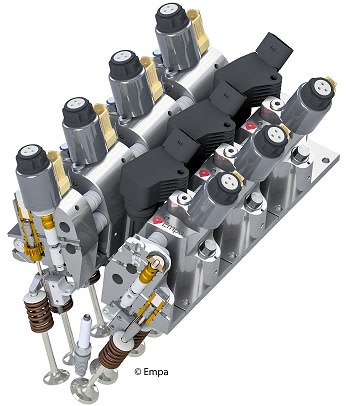caluna
Mechanical
- Nov 23, 2004
- 86
Hello, just wondering what your take is on this-Why is only a small percent of engineers made up of women?
I am writing an article for our PE newsletter. From my viewpoint here, in Canada, as a 1980 mech eng. graduate (female), it looks like that the national average on numbers of women - as percent of total undergraduates- is decreasing since 2000. Now it is less than 20%. Less than 10% registered engineers in Canada are women. I would assume figures for USA may be a bit better. What are the barriers for women or the discouraging aspects of the profession? I would have hoped that with passing years there would be more women in the field, but not so. The profession has been good to me and my female colleagues from university and work.
Thank you.
Heather in NWT Canada
I am writing an article for our PE newsletter. From my viewpoint here, in Canada, as a 1980 mech eng. graduate (female), it looks like that the national average on numbers of women - as percent of total undergraduates- is decreasing since 2000. Now it is less than 20%. Less than 10% registered engineers in Canada are women. I would assume figures for USA may be a bit better. What are the barriers for women or the discouraging aspects of the profession? I would have hoped that with passing years there would be more women in the field, but not so. The profession has been good to me and my female colleagues from university and work.
Thank you.
Heather in NWT Canada




